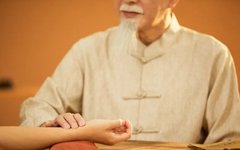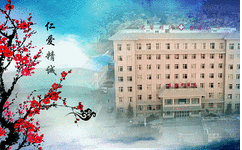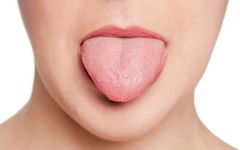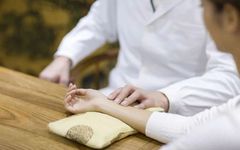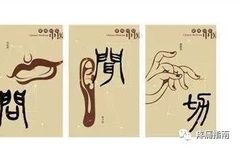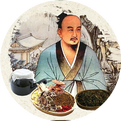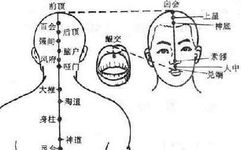What is Health Preservation in Traditional Chinese Medicine?
With the development of society, people are increasingly concerned about health issues, and the term “health preservation” has become a popular term online. Although we are familiar with the term, what does health preservation actually mean? Is it drinking goji berries? Is it going to bed early and not staying up late? Today, let’s introduce … Read more

